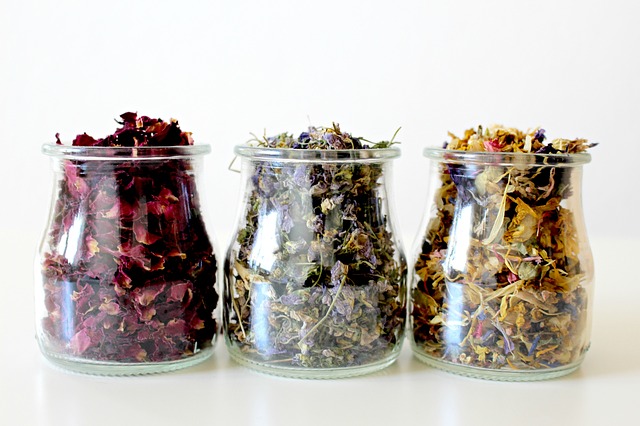Over the last 12 years I’ve written a lot of articles about different aspects of naturopathic health, some about treatments, some about herbs or nutrients and some more technical but I’ve never attempted to write about the philosophy of naturopathy.
It’s interesting because it’s actually a question I still get asked a lot after the initial introductions are made. What do you do? So are you an herbalist? How do you pronounce ‘naturopathy’?
It’s one of the bigger concepts and after some initial research on my part, I’ve discovered there are wide and varied opinions on the matter but in the interest of starting off on a level playing field (or so you at least know where I’m coming from!), here is my attempt.
Google University
First stop for article writers – Google, of course! Definitions of naturopathy vary although two common themes emerge. The first theme centres around the use of natural remedies and the avoidance or reluctance to use pharmaceutical drugs in naturopathic treatments.
The second theme encompasses the theory of ‘vitalism’ or the body’s innate ability to heal and maintain itself.
How Natural Is A Remedy?
I’ve always found the emphasis on the use of ‘natural’ remedies to be a slippery slope in relation to differentiating naturopathy from the treatment of illnesses with ‘regular’ or pharmaceutical drugs.
There are many blurred boundaries when it comes to the choice of therapeutic substances.
For instance, many pharmaceuticals found in the local chemist are derived from natural substances and many herbal or nutritional products found in the local health food shop are refined natural substances that may act in a similar manner to alter the body’s biochemistry as a common drug might.
There is no doubt, however, that naturopaths favour the use of natural remedies in their treatment protocols, most commonly herbs in a liquid extract, tea, tablet or capsule, vitamins, minerals and other nutritional substances normally found in our natural environment as well as homeopathic or other energetic medicines.
I think, though, that what ultimately defines naturopathy (and in particular my approach to treatment as a naturopath) is the philosophy that underpins the choice of treatment.
Word Of The Week – Vitalism
Vitalism is the idea that there is an innate healing power of nature, a concept known and written about from Hippocratic times. In simple terms, it’s the body’s ability to heal a scratch for example, even if no cream or other substance was applied.
Of course, this doesn’t take into account factors that might complicate the process such as infection or the body not having the nutrients to start the healing process so I see the naturopath’s role as one of identifying what obstacles might be in the way of a person moving towards healing themselves.
A naturopath is guided in their choice of treatments by what herbs, nutrients or lifestyle modifications (including mental/emotional factors) might enable self-healing to occur.
This, in my opinion, is the fundamental difference between naturopathy and biomedical approaches where drugs are prescribed to interrupt or oppose pathological processes.
A Cold Is Just A Cold Isn’t It?
Let’s look at the Common Cold. I’ve had quite a few colds over the years and I’ve nursed my kids through too many to count as well. I’m not sure I’ve met anyone who hasn’t had a cold at some point or another, have you?
The Common Cold is a viral infection of the upper respiratory tract. The mucous membranes become red and swollen and there is lots of mucus production and secretion.
Sore throat, hoarse voice, headache, tiredness – yes, you know the story. But colds are also an important way to prepare and strengthen our immune systems, particularly for children.
If we are too focused on protecting our children from relatively mild viral illnesses we risk inhibiting their development of a more healthy, robust and vigorous immune system that is capable of fighting off potentially more dangerous infections.
Naturopathic Principles For Treating A Cold
- Rest, rest, rest – allow your body to fight the infection.
- Stay warm but have access to fresh air.
- Expel the mucus rather than suppress it with medications.
- Drink lots of water and diluted fruit and vegetable juices.
- Eat lots of garlic, onions and chilli – make soups and casseroles and throw these in.
- Sip herbal teas like Ginger, Chamomile, Elder, Fenugreek.
- Zinc, vitamins C and A are all nutrients that support the immune system.
- Have a liquid herbal mix made up by a naturopath and get advice on acute dosage.






